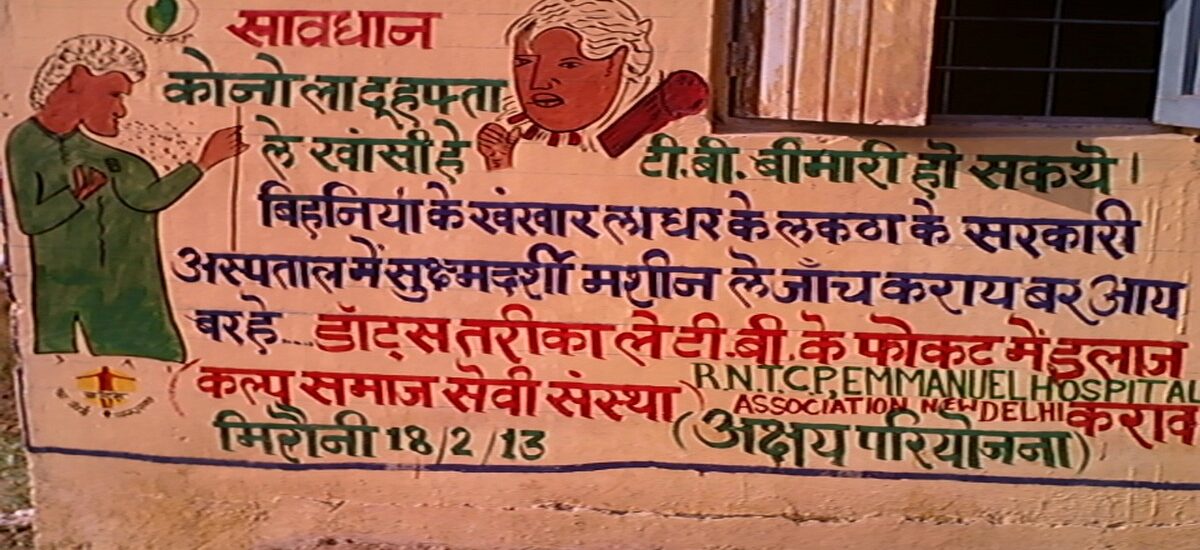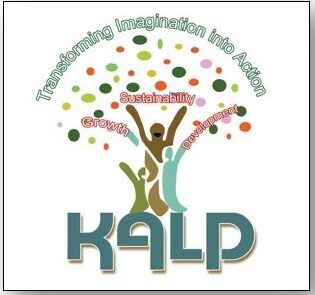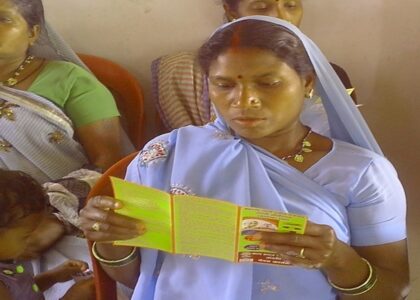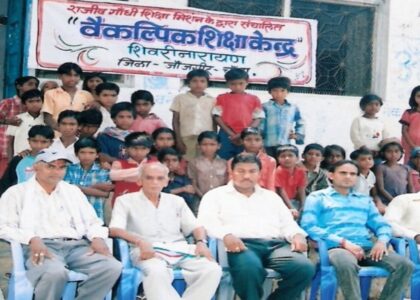
Project Axshaya
India bears the highest burden of tuberculosis (TB) globally with an annual incidence of 2.8 million new cases. About 2.6 million people live with HIV and 1.2million are TB-HIV co-infected. India has one of the highest multidrug-resistant TB (MDR-TB) burden globally with 70,000 cases annually. India’s highly successful TB programme has consistently achieved global targets at a national level but nevertheless, India continues to struggle with the world’s highest burden of TB.
The Axshya project works to improve access to quality TB care and control through a partnership between government and civil society. It supports India’s Revised National TB Control Programme (RNTCP) to expand its reach, visibility and effectiveness through Active Case Finding; by engaging community based providers to improve TB services, especially for women, children, marginalized, vulnerable; TB-HIV co-infected populations and support and facilitate Qualified Private Practitioners for TB Notification. Advocacy, communication and social mobilization (ACSM) is a major focus.
Under the project, KALP is responsible for Active Case Finding in villages and urban slums to enhance TB case detection, facilitate and support TB patients to know their HIV status to address TB-HIV co-infection, increasing TB case Notification through Private Practitioners, training Qualified Private Practitioners for TB Notification, facilitating IPT for children under 5 years who are in contact with TB patients and training of Rural Health Care Provider / Urban Health Care Provider / AYUSH for referral of TB symptomatic cases to government health facilities at various levels. KALP also engages in advocacy with the Health Department and strives to engage with medical colleges and hospitals for adopting the DOTS plus guidelines.
Use of Information, Education & Communication (IEC) for awareness generation & Behavior Change Communication (BCC) is a consultative process among communication specialists, technical experts, local change agents and communities which KALP is taking forward in the project area to bring behavior change in knowledge, attitudes and practices of individuals, families and community level.








